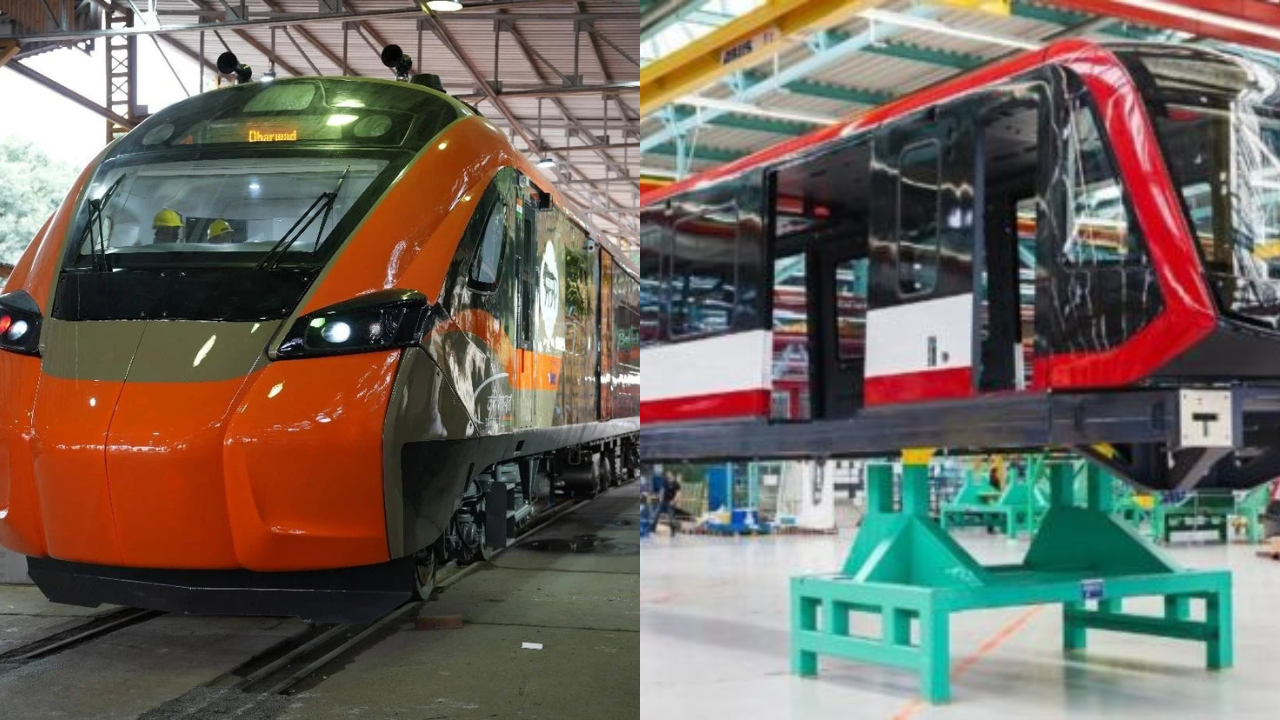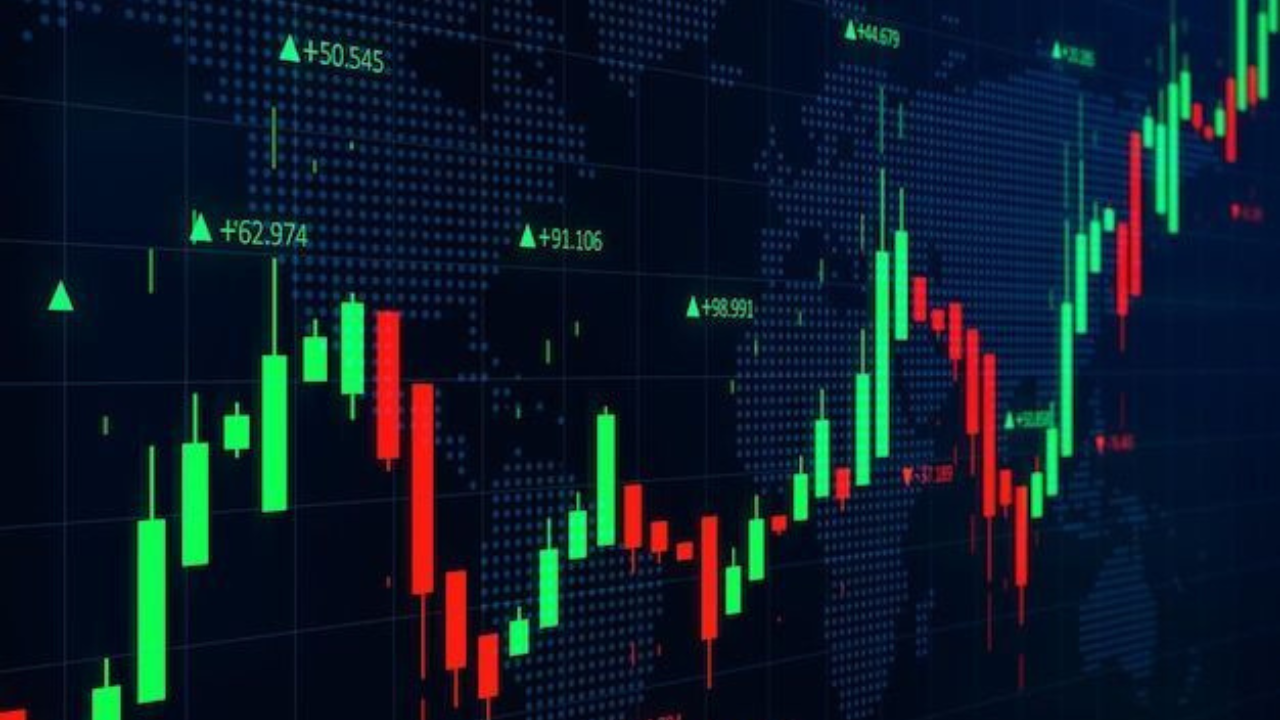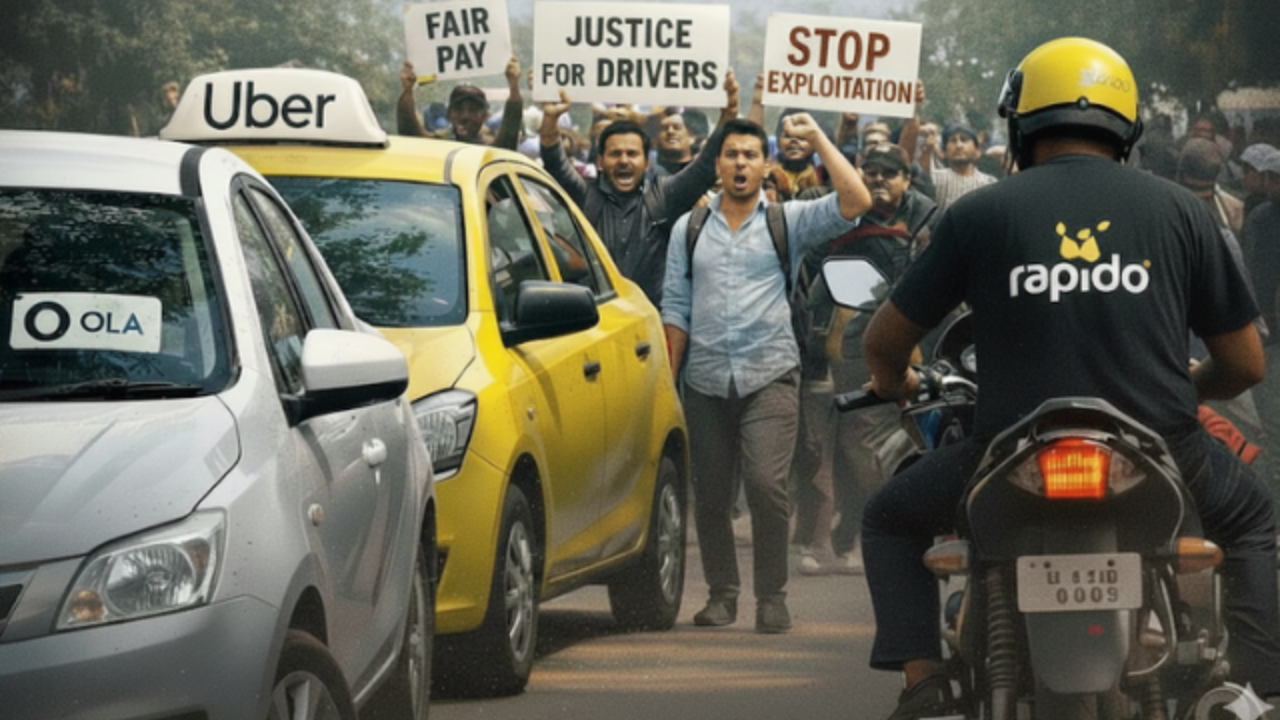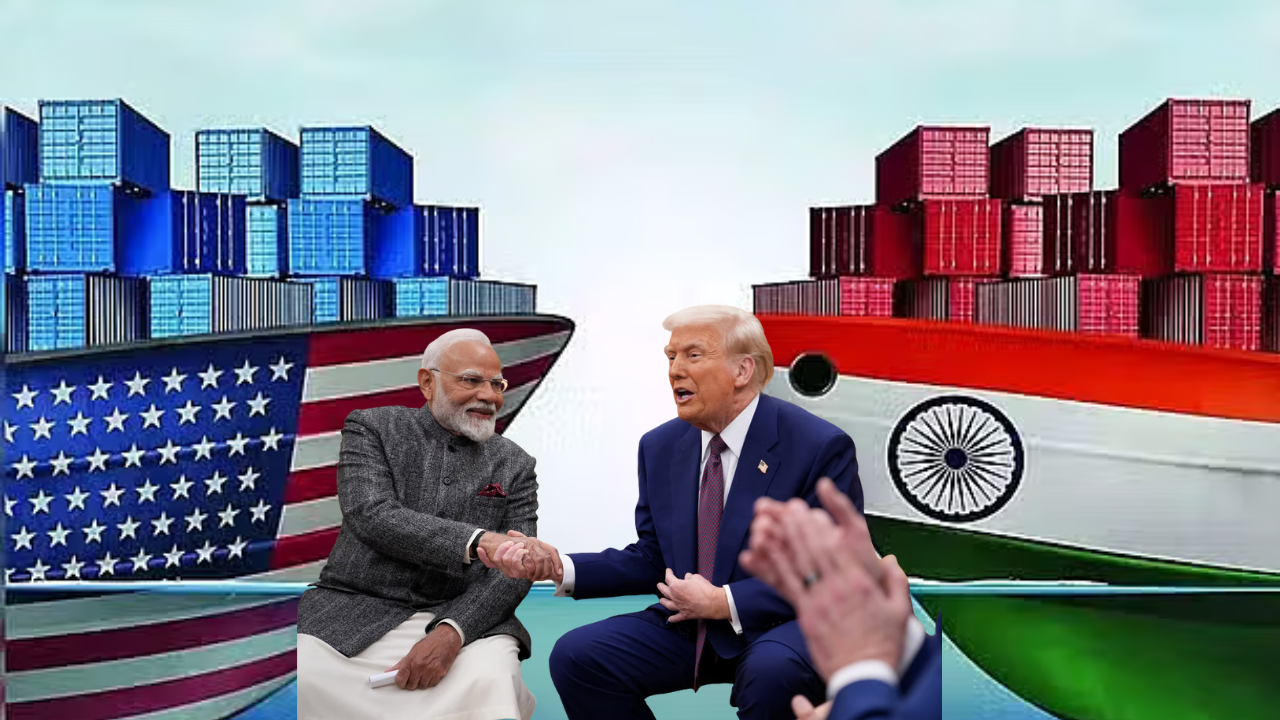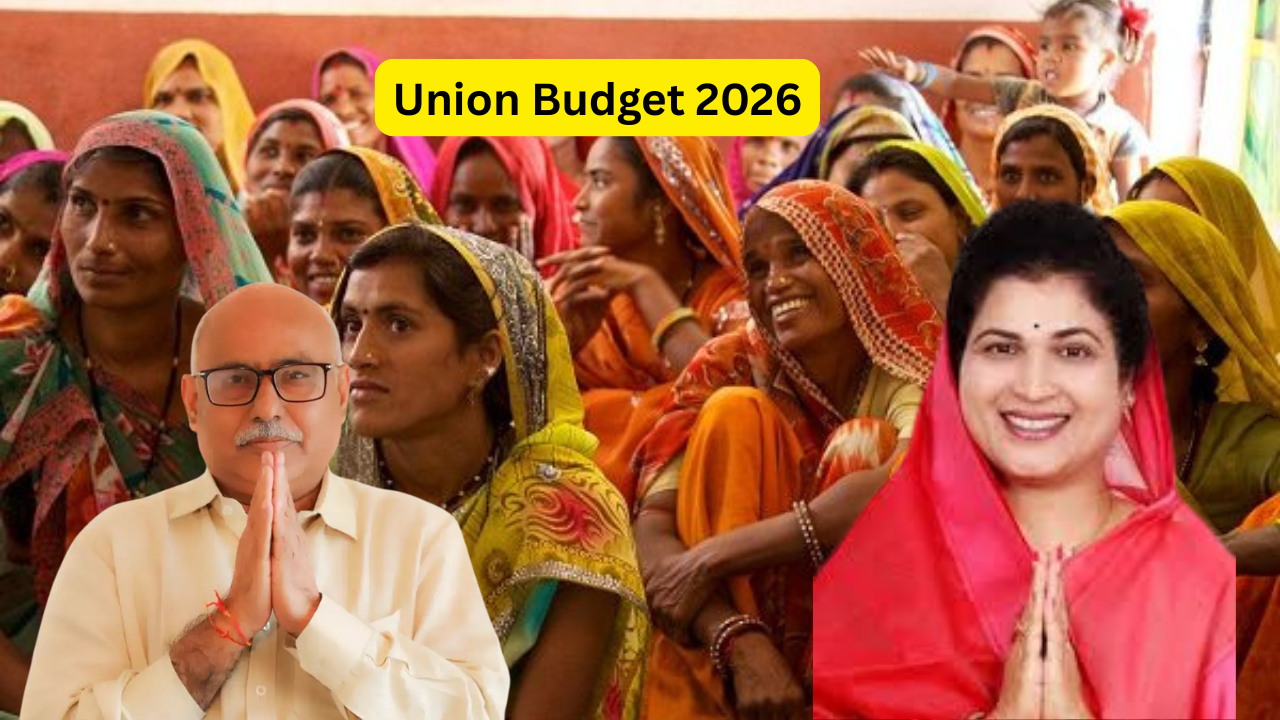To counter this, India along with the G-33, a coalition of developing and African countries, is looking for a long-term solution for national food security that would give them flexibility to grant aid. higher agricultural support.
Negotiations at this month’s World Trade Organization (WHO) ministerial meeting on agriculture failed to make expected progress due to politically sensitive issues such as public stocks. to ensure food security and domestic support for farmers continues to drive a wedge between developed and developing countries like India.
This is of particular importance for New Delhi, as its Public Share Scheme (PSH) has been challenged by major grain exporters such as the United States and Canada, on the grounds that the scheme is Subsidies abound, especially for rice, and this distorts policy. global food grain market. India is the world’s largest rice exporter.
To counter this, India along with the G-33, a coalition of developing and African countries, is looking for a long-term solution for national food security that would give them flexibility to grant aid. higher agricultural support. As per WTO norms, agri subsidy should not exceed 10 per cent of the value of agricultural production for developing countries.
However, India’s subsidy on rice has exceeded the threshold on multiple occasions forcing it to invoke the ‘peace clause’ agreed during the Bali ministerial in 2013 which allows developing countries to breach the 10 per cent ceiling without invoking legal action by members. Developing nations have questioned the subsidy calculation.
Earlier this year, Finance Minister Nirmala Sitharaman at the Asian Development Bank’s annual general meeting said that WTO must revisit the prickly issue of food and fertilizer subsidies as both have become critical to developing economies which are not taken into account while deciding tariff and pricing rules.
As per a statement on Wednesday, WTO Director-General, Ngozi Okonjo-Iweala said “Senior Officials Meeting held at the WTO on 23-24 October clearly recognised that the ongoing agriculture negotiations have failed to achieve the progress members have called for.”
To break the ongoing logjam the United Arab Emirates, the host of the upcoming 13th Ministerial Conference (MC13) scheduled in February 2024 “urged ministers to provide political guidance to agriculture negotiators” in the run-up to the ministerial conference. Furthermore, the President of the WTO General Council, Ambassador Athaliah Lesiba Molokomme, emphasized that “higher-level political guidance is required to give decisive impetus to the [agriculture] negotiations and defuse tensions .
The thorniest issues, especially the construction of public stockpiles for food security and domestic support purposes, in the context of high levels of political tension.
sensitive around them.
Underlining the importance of agricultural negotiations ahead of MC13, UAE Minister of Foreign Trade Thani bin Ahmed Al Zeyoudi said the agricultural sector faces many challenges, including growing food insecurity. increased due to adverse weather conditions, pandemics and conflicts caused by Covid-19. are at a “crossroads”
“The food security agenda achieved at MC12 is an important emergency response, but much work remains to be done to structurally address the expected devastating impacts of transformation climate and to sustainably and equitably feed a growing global population, estimated at 10 billion people from here. 2050. The sector must also adapt as it is a significant source of greenhouse gas emissions,” Zeyoudi said in the official statement.
For more information visit at https://happenrecently.com/zepto/?amp=1



